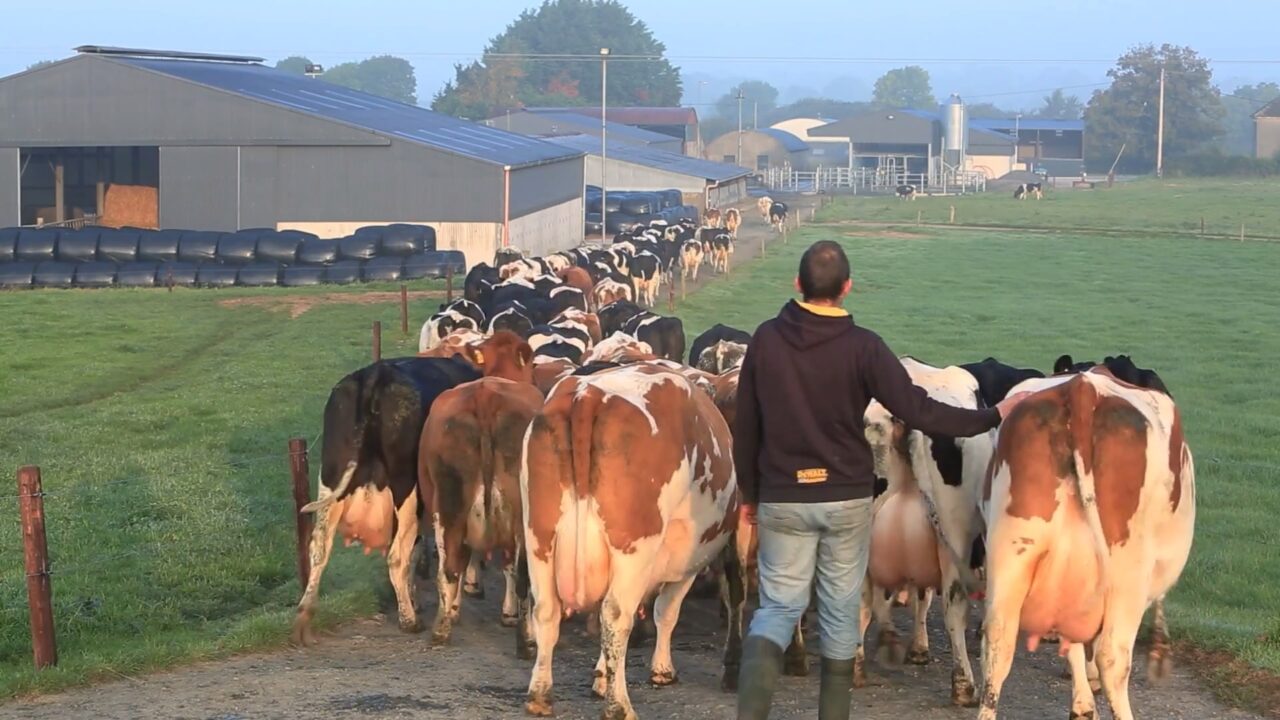An influential Westminster committee has criticised the Government for not doing more to estimate how many farmers are likely to sign up to new ‘public money for public goods’ style environmental incentives.
It follows a report published today by the National Audit Office telling the department it needed to “get a plan in place” so farmers can begin adapting to the new support schemes.
Meg Hillier MP, chairman of the Committee of Public Accounts said: “On leaving the EU, the UK will no longer be part of the Common Agricultural Policy.
“In its place, Defra is developing a new policy where farmers are paid for delivering environmental benefits, the most dramatic change to agriculture in 40 years.
Enough farmers will need to sign-up to the new scheme if it is to make a worthwhile impact on the environment.
“Yet Defra currently has no plans to test its assumptions about how many will sign up and it is concerning that it is giving farmers such little time to prepare.
“The Committee has seen the woeful consequences for the farming industry of previous Government failures. Defra must urgently review its plans, to make sure they are realistic and that farmers are not let down again.”
Changes to subsidies
The report, which was published today by the National Audit Office (NAO), warned that the Government must approach its roll-out carefully to ensure farmers can prepare in the way they need to.
The UK farming industry provides over half of the food the UK eats, employs 474,000 people and comprises 217,000 farms.
Under the EU’s Common Agricultural Policy, farmers in England received €2.4 billion in subsidies in 2017. However, post-Brexit Defra is this will be replaced by the Future Farming and Countryside Programme.
The Environmental Land Management System (ELMS) is one of the key elements of this, with Defra hoping to have 82,500 farmers enrolled on ELMS by 2028.
Under CAP, most payments to farmers are based on the amount of land they farm. These direct payments will be gradually phased out over a seven-year period starting in 2021.
Under ELMS, farmers will be encouraged to enter into a contract with the government to produce environmental land management plans, and be paid for the environmental outcomes they deliver, often working in collaboration with other farmers.
The policy represents a major shift away from traditional farming towards a system that pays public money primarily for delivering environmental benefits.
Critics say farmers will have little time to prepare for participation in a three-year national pilot of ELMS, which will run from 2021 to 2024, because Defra is not planning to set out the environmental outcomes it will pay for or how much it will pay until April 2020.
Defra has recently scaled back its ambitions for the level of take-up of ELMS during the first year of the three-year national pilot, from 5,000 farmers to 1,250, but is seeking to increase participation as the pilot progresses.
It means that Defra only has two years to test how well ELMS will work at scale. Defra currently has no plans to test its assumptions about the level of take-up of the new system.
If uptake is low, the department will need to find alternative ways to achieve environmental benefits. Farmers that do not participate may be forced to leave farming or replace direct payment income by adopting more intensive farming methods that could damage the environment.
Direct payments from the EU currently account for an average of 61% of farms’ net profit. Without these, 42% of farms would have made a loss between March 2014 and February 2017.
The department expects the withdrawal of direct payments to be offset by improved business approaches, new entrants to the sector taking over farms that have ceased to be viable, and productivity gains across the sector. However, there is limited evidence that many farms are equipped to increase their productivity.
Defra is starting to specify its digital requirements for the programme before key decisions have been made about how it will work in practice, this means significant changes could be required late in the programme.
For example, Defra has not yet decided which environmental outcomes will be rewarded or how much farmers will be paid.
Recommendations
The NAO recommends that Defra gets a plan in place with realistic timescales, that has sufficient flexibility to allow changes to be made as more is learned about how farmers react to the new farming policy.
It also recommends extending its pilots to a wider range of farmers and land managers to test their willingness and ability to participate in ELMS, and determine the level of ELMS take-up it needs to justify further investment.
Gareth Davies, the head of the NAO, said today: “Defra is moving forward with a policy which is a radical departure from the CAP farm payment regime we have known for forty years.
“Because it is such a big change, from acreage-based direct payments to an environmental stewardship scheme, we have looked at Defra’s approach to implementing its policy at an early stage.
“We urge Defra to give itself time and space to fully test and evaluate the policy, and for comprehensive planning, to avoid any unintended consequences for the farming community, our environment or ability to feed ourselves.”

